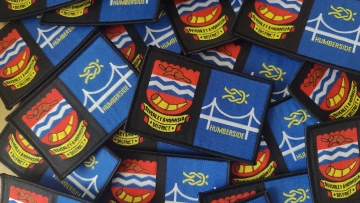Survival skills are crucial for Scouts, Explorer Scouts, Cubs, and Guides as they prepare for adventures in the wild. Mastering these skills not only boosts confidence but also ensures safety in challenging environments. Here are the top 10 essential survival skills every Scout should know:
1. Building a Shelter Learning how to construct a shelter is vital for protection against the elements. Whether it’s using natural materials or a tarp, a well-built shelter can keep you warm and dry.
2. Starting a Fire Fire provides warmth, light, and a means to cook food. Practice using different methods such as matches, fire steels, or even the bow drill technique. Always prioritise safety and ensure you have a way to extinguish the fire.
3. Finding and Purifying Water Knowing how to locate water sources like streams or collecting rainwater is crucial. Always purify water using methods like boiling, filtering, or purification tablets to avoid illness.
4. Foraging for Food Learn to identify edible plants, berries, and fungi. This skill requires knowledge and caution, as mistaking a poisonous plant for an edible one can be dangerous.
5. Basic First Aid Understanding basic first aid is essential. Learn how to treat cuts, burns, fractures, and other common injuries. Carry a well-stocked first aid kit and know how to use its contents.
6. Navigation Mastering map and compass skills ensures you can find your way in unfamiliar terrain. Learn how to read topographical maps, use a compass, and understand natural navigation techniques like reading the sun and stars.
7. Knot Tying Knots are useful for building shelters, securing gear, and many other tasks. Learn essential knots like the bowline, clove hitch, and square knot.
8. Signalling for Help Knowing how to signal for help can be lifesaving. Use methods like signal fires, mirrors, whistles, or SOS signals to attract attention.
9. Weather Forecasting Learn to read weather signs to anticipate and prepare for changes. Observing cloud patterns, wind direction, and animal behaviour can provide valuable clues.
10. Personal Safety and Awareness Always be aware of your surroundings and potential hazards. Develop a habit of staying alert and making safe decisions to avoid dangerous situations.
Mastering these survival skills equips Scouts with the knowledge and confidence to tackle outdoor challenges effectively. Practice regularly, stay prepared, and enjoy your adventures!






 No products in the basket.
No products in the basket.